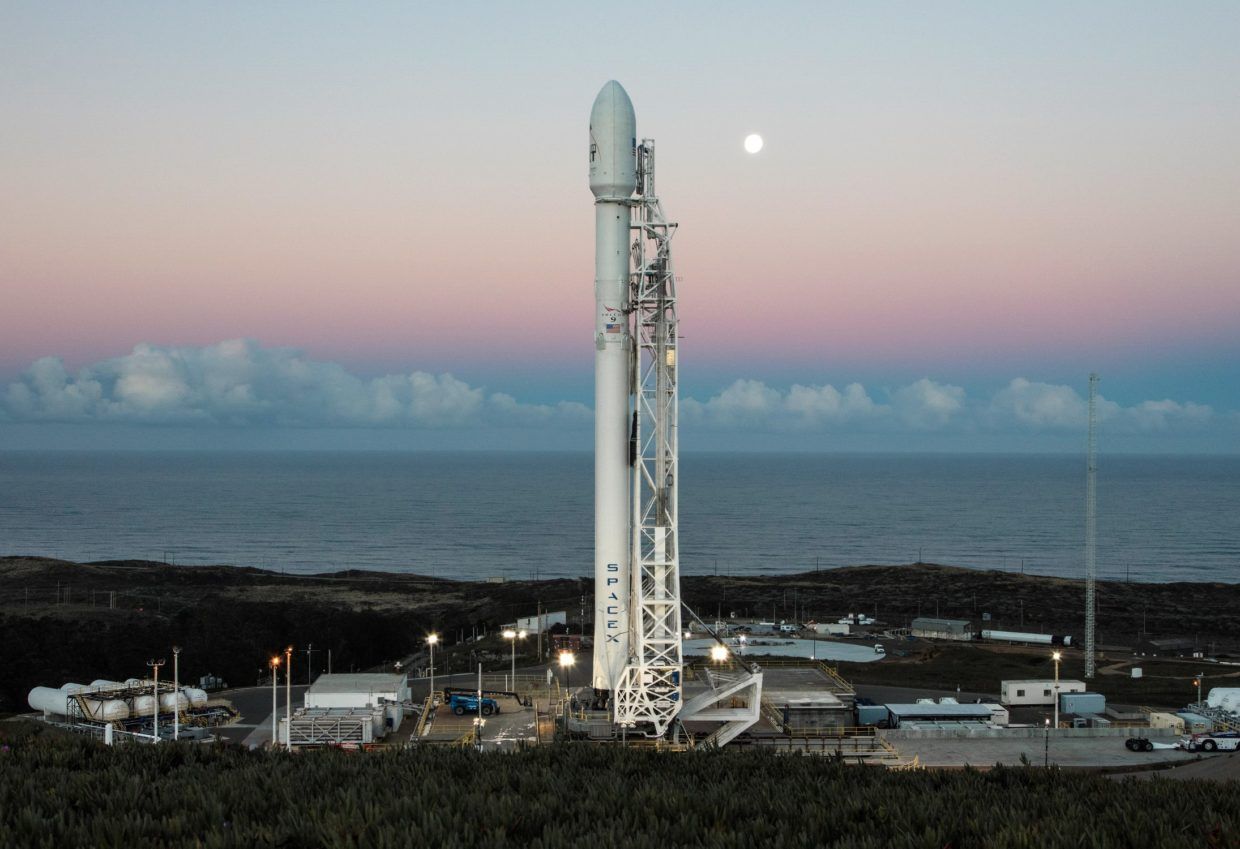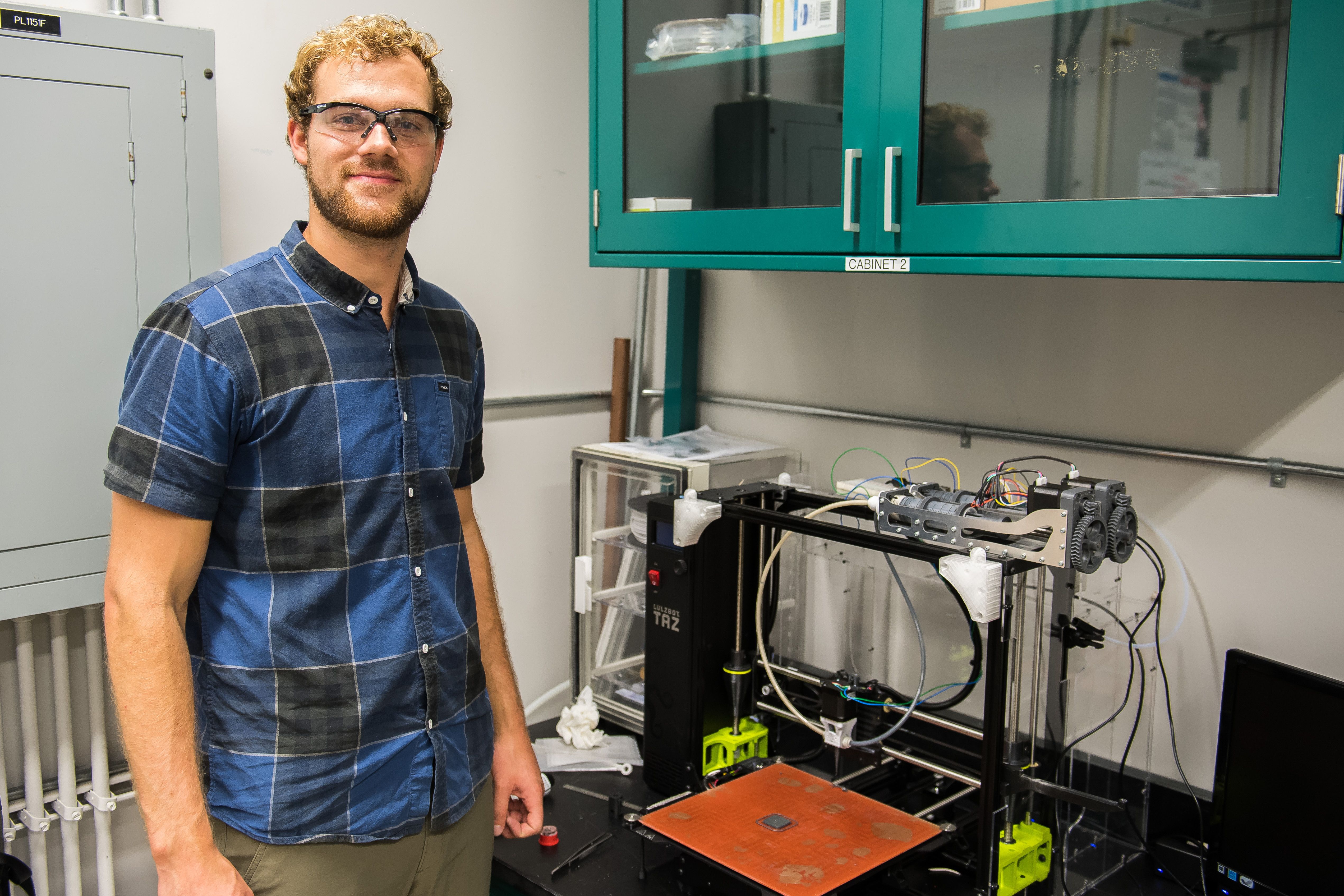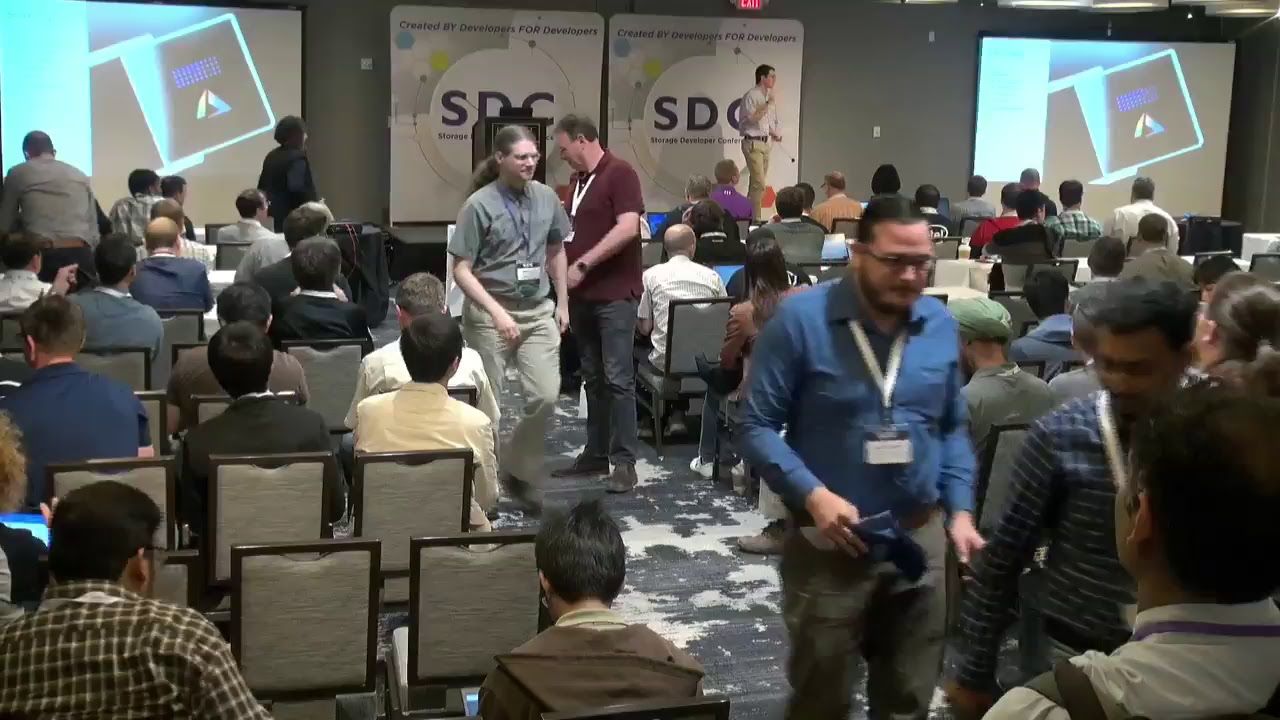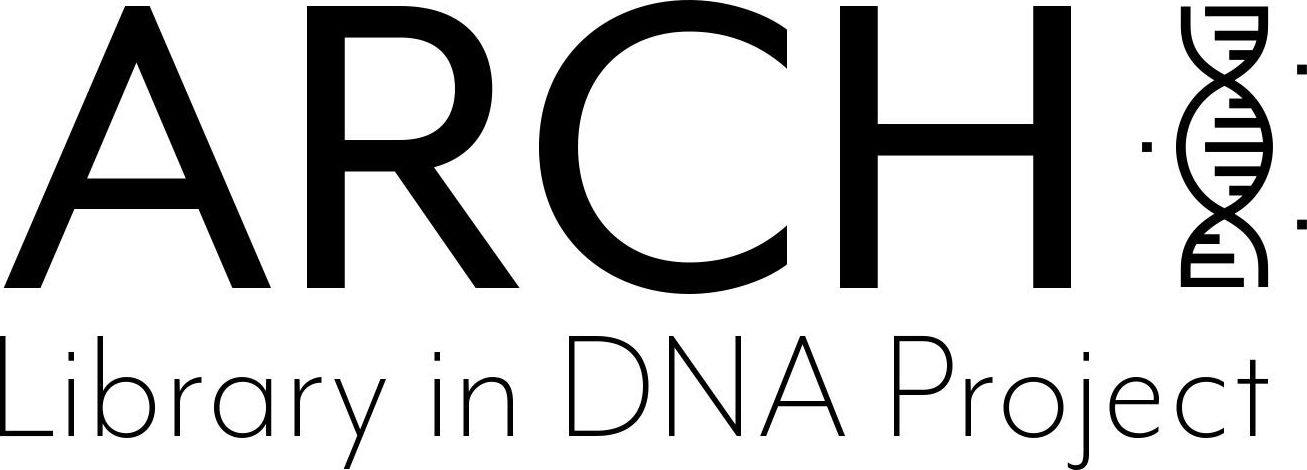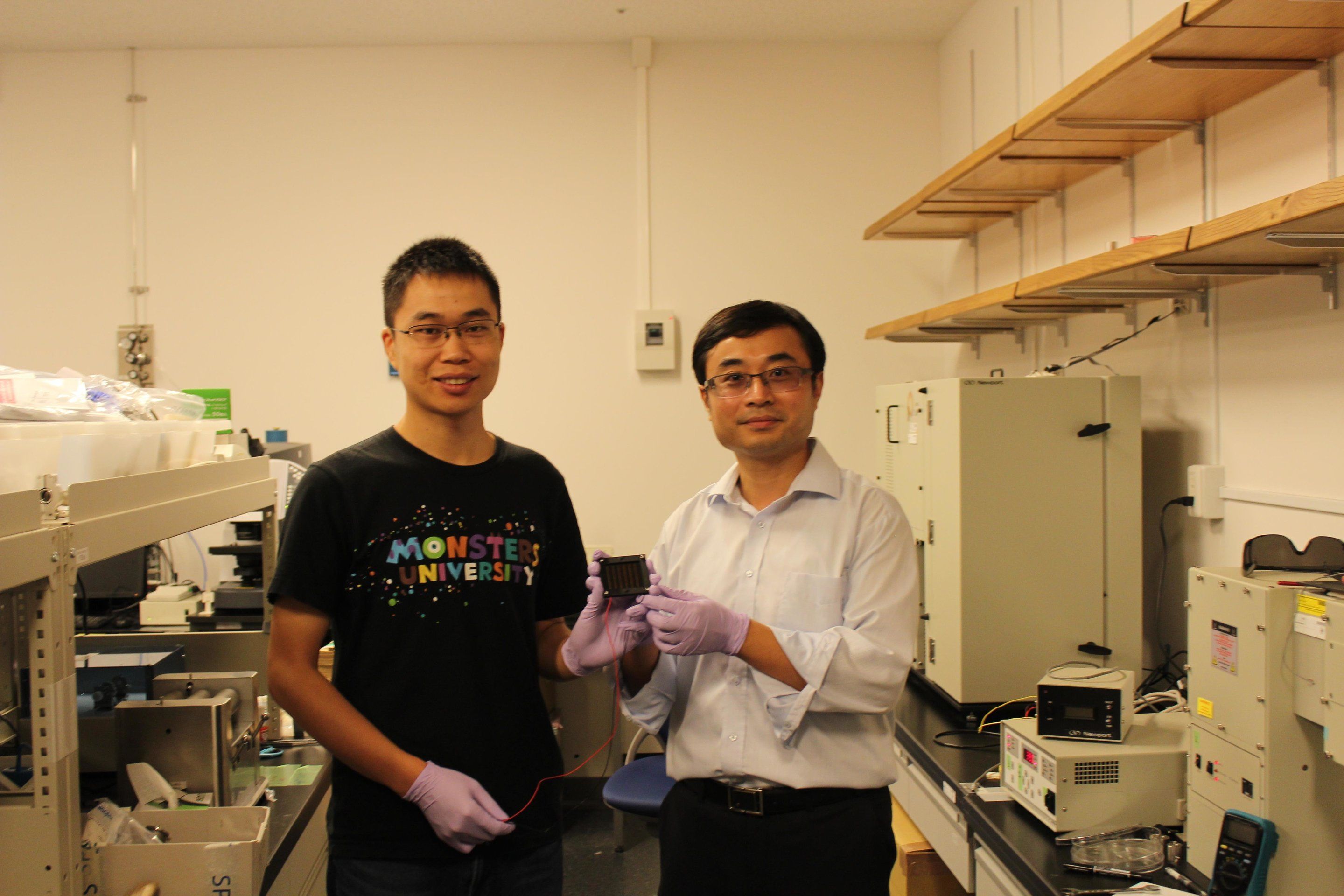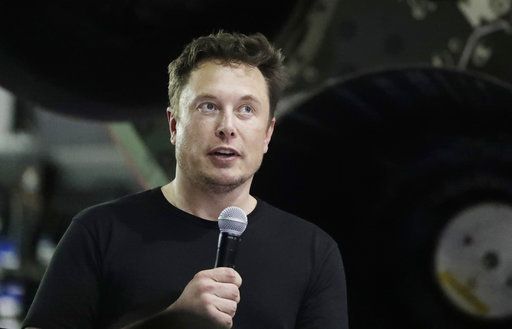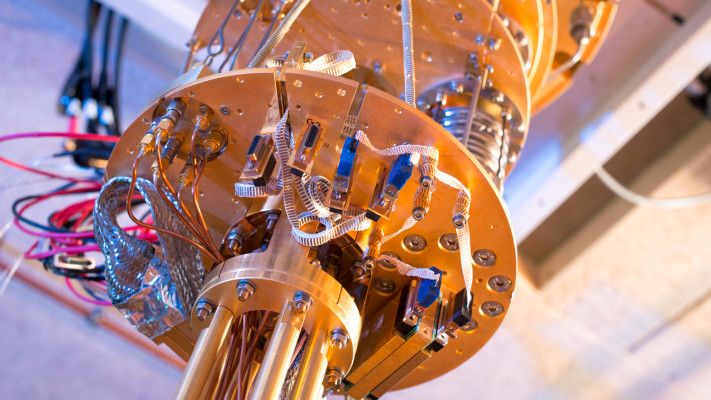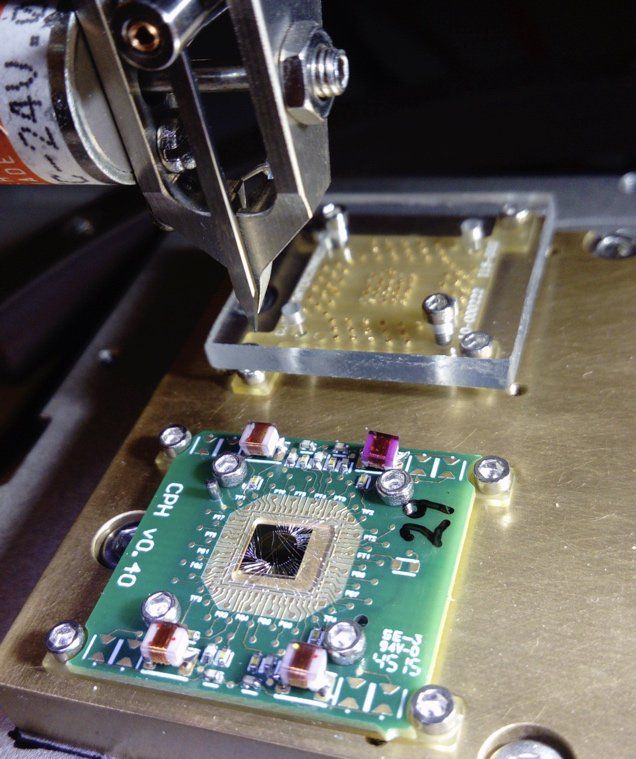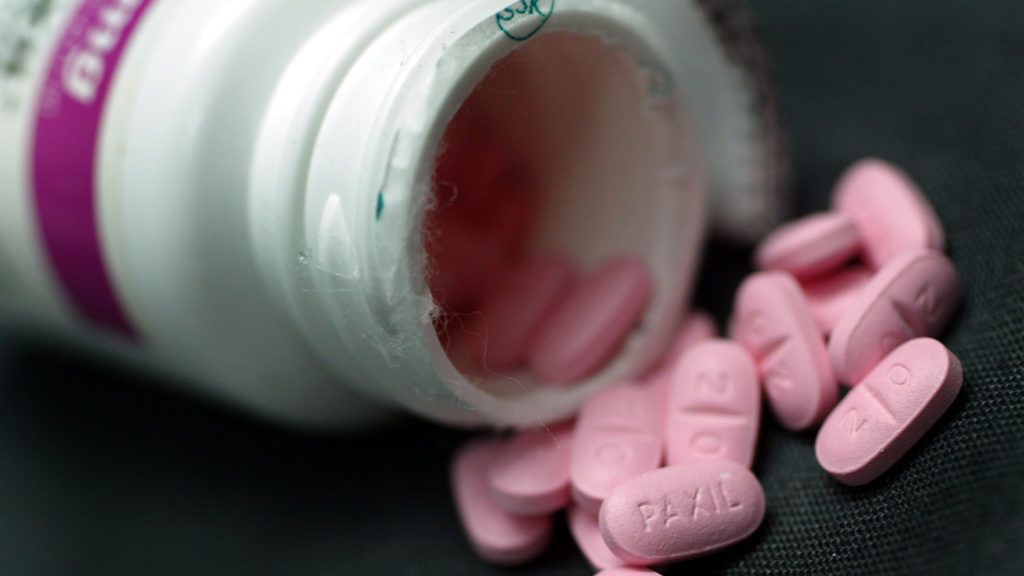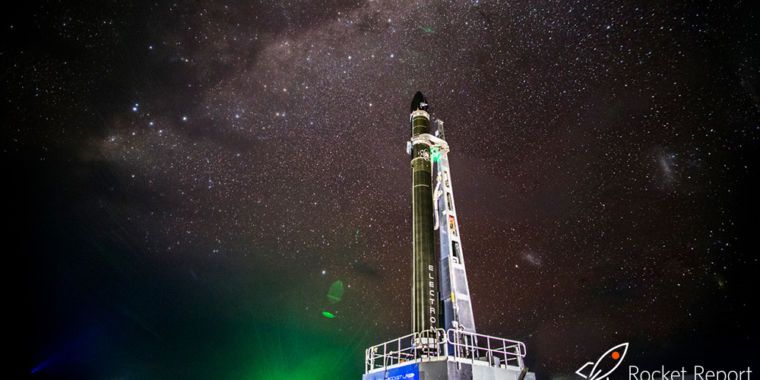Sep 28, 2018
Iridium plans to launch CloudConnect satellite IoT system in partnership with Amazon Web Services
Posted by Klaus Baldauf in categories: internet, space
Iridium, the satellite communications network, announced Thursday that it intends to work with Amazon Web Services to connect the leading cloud-provider’s internet-of-things services with Iridium’s satellite network in 2019.
This new service will be called CloudConnect. It builds on an existing IoT satellite network operated by Iridium to allow companies using AWS IoT services to reach places where the physical internet does not reach, which even in 2018 is a lot more places than you might imagine. Iridium is joining the AWS Partner Network along with this announcement, which will present Iridium’s satellite network as a deployment choice for AWS customers using its IoT services.
